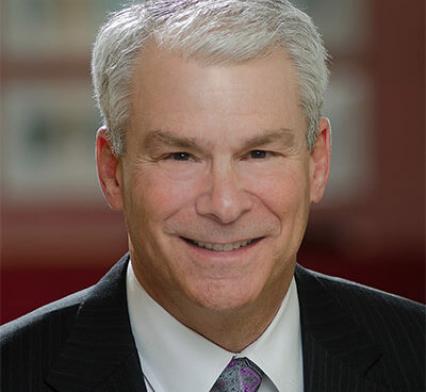Syndemic
COVID-19 is not a pandemic.
No, I’m not a science denier. I am acknowledging that COVID is much more than a pandemic. It is a “syndemic” where the underlying disease dynamic is exacerbated by the intersection with social and political issues such as racism, poverty, health disparities and leadership. This term provides a framework for understanding the broader context of what we’re experiencing: disproportionate infection and death rates in communities of color, women leaving the workforce at a greater rate than men in order to oversee children’s online schooling, harsher economic impacts for service workers whose jobs have disappeared, etc. Like an Escher drawing, a syndemic is about both causes and consequences simultaneously.
If any situation ever called for systems thinking, it is this one. We must exploit one set of interventions to control the immediate health care crisis, another to address the resulting economic crisis, and a third to address societal causes and consequences. And unfortunately actions in one category can inadvertently worsen conditions in the other two.
For example: shutting schools doesn’t appear to be an efficacious strategy to control the health care crisis, but it can exacerbate economic and societal challenges. The CDC says “In general, children with COVID-19 are less likely to have severe symptoms than adults or experience an asymptomatic infection …(T)he best available evidence from countries that have reopened schools indicates that COVID-19 poses low risks to school-aged children – at least in areas with low community transmission.”
Yet we’ve closed schools, putting the burden of supervising at-home learning primarily on mothers, who are leaving the workforce in record numbers as a result. A recent report from the Bureau of Labor Statistics showed that, in September, women left the workforce at four times the rate men did. After decades of progress in narrowing the gender gap, the seismic impact of COVID has now made it a chasm.
Similarly, the economic impact of business closures is being felt disproportionately by people of color and those in the lowest income brackets, exacerbating pre-existing disparities. Yet it’s not clear that shutting down restaurants and retail stores is the most effective way to manage disease transmission.
As leaders, we must call for a few things:
- Reopen our schools. Governor Polis has convened a task force to look at how best to do that.
- Renew stimulus funds for small businesses and individuals, to help them stay afloat over the months until broad vaccine availability. The special legislative session called by Gov. Polis to kickstart state stimulus is a critical step. Dedicate some of those stimulus dollars to helping our schools and businesses pay for the accommodations to keep their students, staff and customers safe.
- Recommit ourselves to initiatives such as Inclusive Economy and Prosper Colorado that are marshaling corporate and political Colorado to enact both public and business policies that enable more Coloradans to, as Inclusive Economy says, “rebuild Colorado’s economy in a way that works for all.”
As a business leader, I don’t ask for government handouts. But our elected leaders have a duty to support the human and business engines of our economy. Let’s support them in doing just that.
